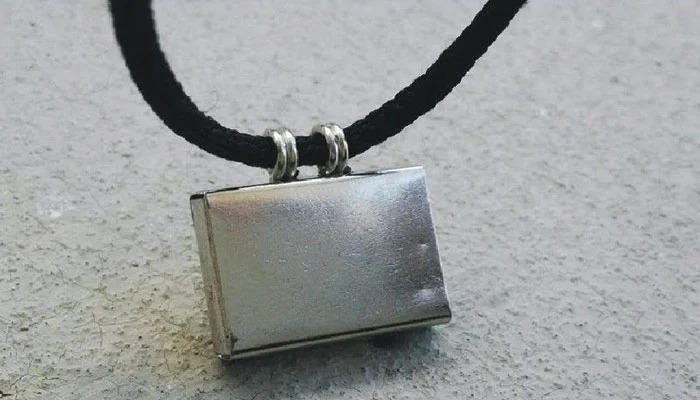
Last week, I experienced a severe headache followed by a high fever that proved challenging to alleviate even with medication. Despite the fever subsiding, I found myself confined to my room due to persistent body pain. It was then that my paternal aunt entered, urging me to join her outside where a woman from the village awaited. Having suffered from fever for two days, my aunt believed this woman, known for reciting prayers and blessings, might offer relief. Reluctant but persuaded by my aunt, I accompanied her outside.
The woman was recounting her own woes to my aunt—a son who had expelled her from her home. She described her struggles, how she now taught the Quran to children or visited homes to offer blessings against the evil eye, receiving modest sums in return to sustain her household.
Seated beside her, I listened intently as she began reciting prayers over me at my aunt's request. As she prayed, she remarked on a heaviness in my hands, suggesting a severe underlying issue that regular visits to her might alleviate without the need for medical intervention.
Throughout her recitation, I pondered the implications of this woman's reliance on 'Dam Darood' as her sole source of support and income. Had this once-spiritual practice become commercialized? Were people turning to blessings instead of seeking medical attention for every ailment?
It's disheartening to witness individuals grappling with serious illnesses like cancer who initially turn to ‘Dam Darood’ like alternatives, only seeking medical help when it's too late. Such actions highlight a profound lack of awareness and underscore the need for education on seeking proper medical care rather than relying solely on traditional practices.
Do you also prioritize blessings over conventional treatment?